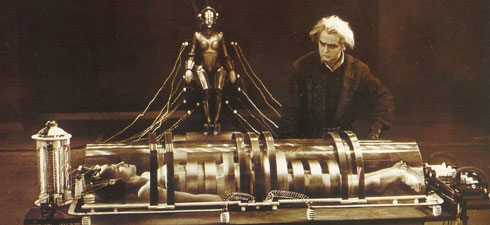Fledgling Europeans? Are the young people studying abroad on the Erasmus programme the avant-garde of a European nation? That was the idea when the programme was launched back in 1987. “The goal of the Union,” explains Anne van Gemert from the French information office at the European Parliament, “is to promote certain values among Europeans: solidarity, freedom, mobility…. In the 1980s we realised that what had worked for the economy and agriculture hadn’t produced any results in terms of [European] citizenship. Hence the launch of Erasmus.”
It’s hard to tell whether Erasmus has done the trick or not. To be sure, the 1.7 million students who have taken advantage of the programme over the past 20-plus years do have some things in common. “If l’Auberge espagnole [aka Euro Pudding, by Cédric Klapisch, 2002] is a cult movie for all the Erasmus students, it’s because it does a good job of showing the inner workings of their small world, their special set,” observes Erasmus alumna Sara Pini, now a research associate at the Fondation pour l’innovation politique, an independent Paris-based think tank. What binds them together is the same experience of being uprooted. “You share something very powerful that creates a bond, often an exclusive one,” Ms Pini adds. These multicultural communities constitute “informal communities, an extraordinary opportunity for practical training in being European.”
These European hothouses not only breed social networks, but also projects like the website Café Babel, “the first European multilingual medium designed to contribute to the emergence of a European public opinion,” explains Alexandre Heully, its head of communication. And this hothouse inevitably becomes an incubator when “eurocouples” make “eurobabies”. “Erasmus is Europe’s most effective marriage bureau!” jests Ms Pini.
But does all that create a European spirit? Yes, it does, reply Ms van Gemert, Mr Heully and Ms Pini in unison. “The Erasmus generations,” adds the latter, “are now attaining positions of political and economic power. You can tell that these young elites are more open-minded.” Exactly how much of that cosmopolitanism is attributable to the Erasmus experience is difficult to gauge, however. Magali Ballatore, who researched Erasmus mobility and is now doing a post-doctorate at the CNRS [French National Centre for Scientific Research], finds that the feeling of being European “does not depend solely on their Erasmus past, but also on their personality, their history or their cultural background. Besides, the fact of being abroad and mixing with other foreign students can actually bring out national or local attachments that weren’t particularly in evidence before….”
So is this the nucleus of a nascent European nation? “The waves of immigration in Europe, far more massive than the 1% or 2% of students who take part in Erasmus, have done more to make Europe what it is,” opines Ms. Ballatore. This inadequacy has not escaped the attention of Bruno Le Maire, Secretary of State for European Affairs, who wants to expand European mobility programmes so they will be available to half of each age group.
Was this article useful? If so we are delighted!
It is freely available because we believe that the right to free and independent information is essential for democracy. But this right is not guaranteed forever, and independence comes at a cost. We need your support in order to continue publishing independent, multilingual news for all Europeans.
Discover our subscription offers and their exclusive benefits and become a member of our community now!












